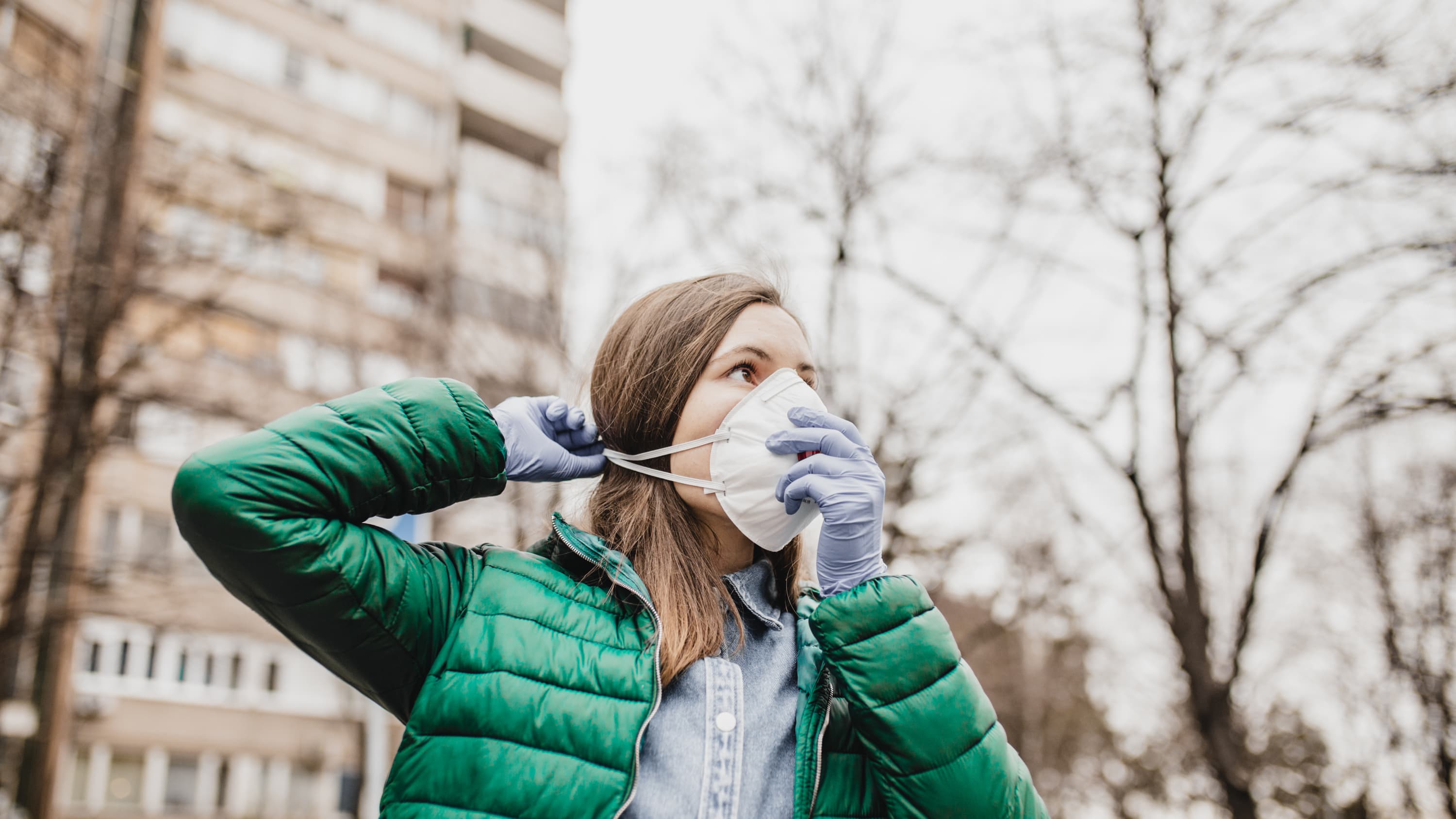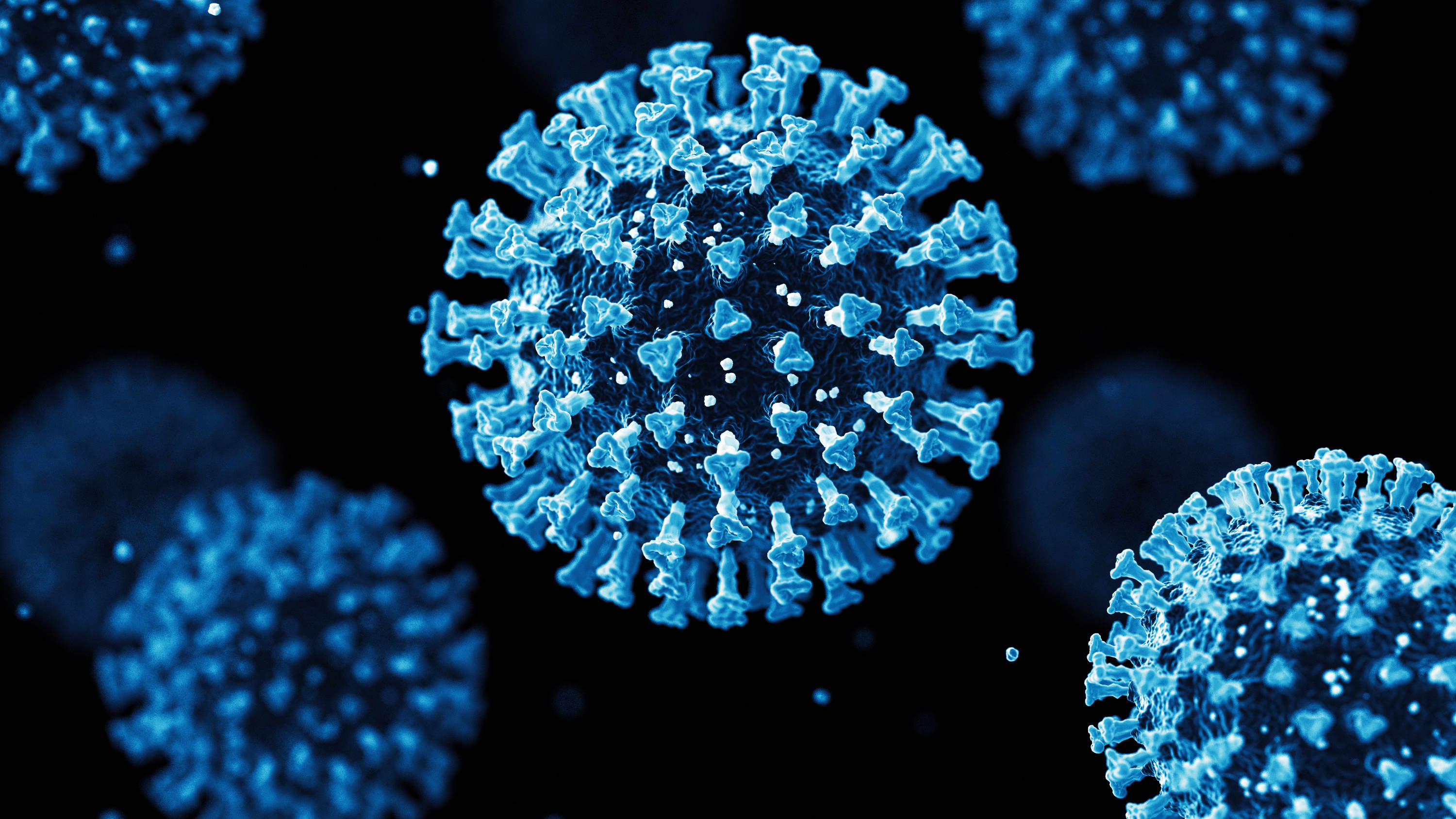This information About B.A. 2.86 Will Relay to You, Your data to Come to a Good Health Conclusion for Yourself…It Comes from Yale Medicine
Will BA.2.86 (‘Pirola’), the New Coronavirus Variant, Increase COVID-19 Cases?

Note: Information in this article was accurate at the time of original publication. Because information about COVID-19 changes rapidly, we encourage you to visit the websites of the Centers for Disease Control & Prevention (CDC), World Health Organization (WHO), and your state and local government for the latest information.
A new coronavirus variant, BA.2.86, is raising concern with public health experts, but it’s too early to know if this one is any more transmissible than current strains of the virus—or if it will even stick around.
But there may be a reason to worry. This variant, which has unofficially been nicknamed “Pirola,” a combination of the Greek letters Pi and Rho, has more than 30 mutations to its spike protein compared to XBB.1.5, a variant of Omicron that had been the dominant strain in the United States before being surpassed recently by EG.5. The spike protein is how the coronavirus enters human cells.
“Such a high number of mutations is notable,” says Yale Medicine infectious diseases specialist Scott Roberts, MD, adding that it is similar to the number of mutations that differed between Delta, one of the early strains of the coronavirus, and Omicron.
“When Omicron hit in the winter of 2021, there was a huge rise in COVID-19 cases because it was so different from the Delta variant, and it evaded immunity from both natural infection and vaccination,” Dr. Roberts says. “The other concern is that this strain has been picked up in at least six countries, and the cases are unrelated. This suggests some degree of transmission in the [international] community that we’re not detecting.”
We talked more with Dr. Roberts about BA.2.86.
What do we know so far about BA.2.86?
BA.2.86 is a newly designated variant of Omicron, which itself is a variant of SARS-CoV-2, the virus that causes COVID-19. BA.2.86 has additional mutations compared to previously detected Omicron subvariants. More specifically, it is derived from BA.2, an Omicron subvariant that circulated more than a year ago, Dr. Roberts adds.
BA.2.86 was first detected in late July in Denmark and appeared in the U.S. in August. The fact that the known cases so far do not appear to be linked indicates that the strain is circulating more widely than believed, especially since COVID-19 surveillance has lessened, Dr. Roberts says.
According to the Centers for Disease Control and Prevention (CDC), existing tests to detect and medications used to treat COVID-19 (such as Paxlovid, Veklury, and Lagevrio) appear to be effective with BA.2.86, but this variant may be more capable of causing infection in people who have had COVID-19 or have been vaccinated against it. There is currently no evidence that the strain is causing more severe illness.
What’s more, at this time, the increase in COVID-19 hospitalizations in the U.S. is likely driven by XBB lineage viruses, not BA.2.86.
What is most concerning about this new variant?
Because BA.2.86 has so many mutations that make it different from other coronavirus strains, many medical experts wonder if it has the potential to bypass immune defences both from natural infection and prior vaccination, Dr. Roberts explains.
“Nobody knows right now, but studies are ongoing,” he says. “The biggest concern has been the number of mutation differences with BA.2.86. When we went from XBB.1.5 to EG.5, that was maybe one or two mutations, and they were expected. With every respiratory virus, as it spreads from person to person, it evolves gradually over time. But these massive shifts, which we also saw from Delta to Omicron, are worrisome.”
The flu, Dr. Roberts points out, similarly sometimes has a massive change, such as with the swine flu in 2009. However, sometimes these variants fade away and don’t amount to anything, he adds.
“The big question is if BA.2.86 will have the same exponential growth that Omicron did—in terms of case numbers—or if it will die out, which is certainly what everyone hopes,” Dr. Roberts says.
As of Aug. 30, the CDC reports that the variant has been identified in at least four states in the U.S. in samples from either people or wastewater.
The good news is that, thanks to the greater degree of herd immunity from infection and vaccination, the world is not as vulnerable to severe illness or infection from the coronavirus as it was in 2020, Dr. Roberts explains.
“Since the original version of SARS-CoV-2, many people have gotten infected, and many have been boosted,” he says. “However, for many of us, it might have been a year or more since we’ve had a booster, so I would encourage everyone to get the updated shot, which is expected to come out in mid-September.”
Will the new COVID-19 booster protect against BA.2.86?
Scientists are evaluating the effectiveness of the forthcoming updated COVID-19 booster against BA.2.86, according to the CDC. Currently, the CDC says the updated vaccine is expected to be effective at reducing severe disease and hospitalization from BA.2.86.
“My guess is that it will also offer an added layer of protection from infection, but it won’t be one hundred percent,” Dr. Roberts says.
“With that being said, the CDC’s preliminary report says that we don’t have any evidence right now that BA.2.86 causes more severe disease, death, or hospitalization. We don’t yet know how transmissible it is, and it’s very possible it doesn’t spread that well and we would see this peter out in a couple of weeks,” says Dr. Roberts. “But it’s important to remember that it’s still the same virus at its core, so the same prevention methods—masking, vaccination, and hand-washing, among others—can help people avoid infection.”
Information provided in Yale Medicine articles is for general informational purposes only. No content in the articles should ever be used as a substitute for medical advice from your doctor or other qualified clinician. Always seek the individual advice of your health care provider with any questions you have regarding a medical condition.
More news from Yale Medicine
-
Doctors & Advice, Family Health
Is Omicron Infection Inevitable?
-
Doctors & Advice
13 Things To Know About Paxlovid, the Latest COVID-19 Pill
-
Family Health
What to Know About EG.5 (Eris)—the Latest Coronavirus Strain


